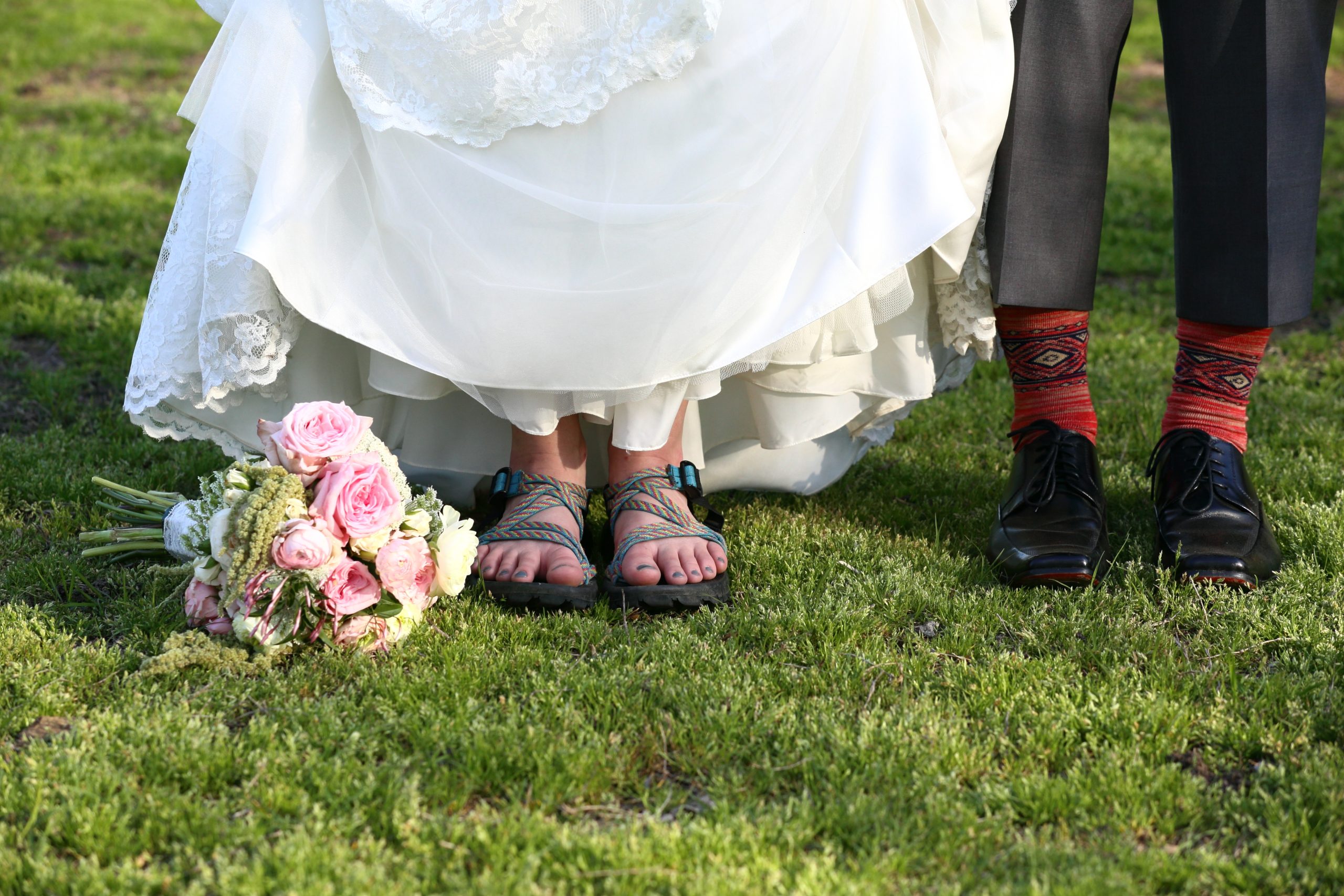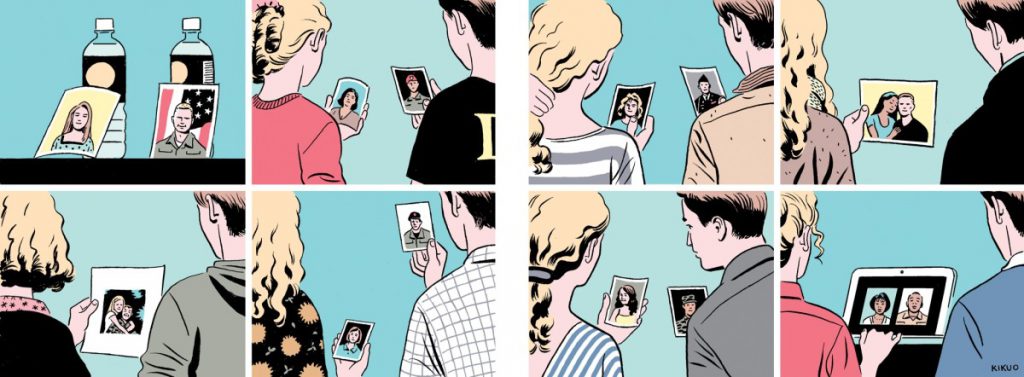
My late father-in-law, a pastor, used to say he would rather officiate a funeral than a wedding. It shocked my young ears at the time, but after I became a pastor I could see his reasoning. Weddings, at their worst, have a kind of dramatic tension that completely overwhelms its sacramental significance. Not all brides and their mothers live up to their stereotypes, but some do. In those cases, give me a simple funeral of a God-fearin’ woman or man.
But weddings at their best are animated by a sweetness and beauty that are hard to find anywhere else on a Saturday afternoon. In one sense, a wedding is a production (like a concert or play). Ushers lead you to your seat. String quartets warm your heart and tune your sensibilities. Bridesmaids and groomsmen round out the cast, and ready us for the main players to take center stage. And just in the background, the preacher stands in as a kind of pious narrator. Even when the homily drags, the anticipation of the narrative is still palpable. And ultimately, things move rather quickly. “I do’s” are recited, rings exchanged, and a central candle flame burns bright. A pronouncement, a kiss of undetermined length, a formal introduction of the new couple, and the production comes to its quick denouement with excited and heartfelt applause.
Now, if a wedding were merely a production, you might repair to your local bar or coffee shop and relive what you liked and disliked about it. But weddings are different, and not only because the actors and outcomes are real. In a wedding, you are personally invested in the outcome. You likely brought a gift with you, which may even be returned with a personal note by the costars in a few days (or weeks or months). You have a backstage pass to greet the costars at the reception. These two people are not just the ones whose names front the playbill; they are your friends or family members. And because their status has changed, your status has changed to some small or perhaps larger degree, because you are connected to them and they are connected to one another. Ultimately, no matter how many tens of thousands of dollars have been spent on this wedding, you didn’t come to see a production. You came to find your strands of relationship with Jack now enfolded into a new strand with Jack-and-Diane, Incorporated. Whichever side you sat on, bride’s or groom’s, you now consider yourself an extended family member of both. It might not be too fanciful to suggest that a wedding pulls you into (shall we say) an alien love story and makes you a part of the chorus.
This calls to mind a short story Maile Meloy published in the New Yorker a few years back, one whose uncharacteristically-happy ending must have surprised that magazine’s loyal readership. The story was called “The Proxy Marriage.” The title finds its origin in a Montana law which allowed for “double proxies” — for two different people to stand in for out of state brides and grooms (in this case, say, a North Carolina bride and an Afghanistan-deployed groom, shortly after 9-11). Two high school kids, William and Bridey (both stars of their high school’s musicals) are paid fifty bucks each by Bridey’s lawyer-father to be the stand-ins. William has long been in love with Bridey, and Bridey has seemed to enjoy William’s company but that’s all. They both go off to college then pursue theatrical jobs, and Bridey marries and divorces, and William breaks up with his oboist girlfriend. And during holiday seasons they return home to make a little pocket money doing proxy weddings. The last one they do has a technological twist — the actual bride and groom Skype in. And when the vows are said, the bride and groom on the screen ask William and Bridey to kiss for them. Which they do…no ordinary kiss! Love ensues!
And maybe that’s why I would rather do a good wedding than a good funeral. A good wedding draws you in, no matter how lightly connected you were before to the bride and groom. And a good Christian wedding does something else: it foreshadows the wedding to beat all weddings. The invitation is printed in the Bible’s closing chapters: “Blessed are those who are invited to the wedding supper of the Lamb!” (Revelation 19:9).
Who knows the original motives of those invited to that wedding? In a way, it doesn’t matter. Perhaps at some point, we see ourselves simply as proxies. It is an alien love story to us — two faces on the remote pages of a Bible. We are mostly reading to pursue some kind of self-interest anyway. But suddenly, we realize that we are some how included in the romance. The kiss of Christ and his bride sweeps us in as well. We, mere proxies, have somehow, by grace, become stars in the show.
https://www.youtube.com/watch?v=yZiTNLpCung

COMMENTS
Leave a Reply













